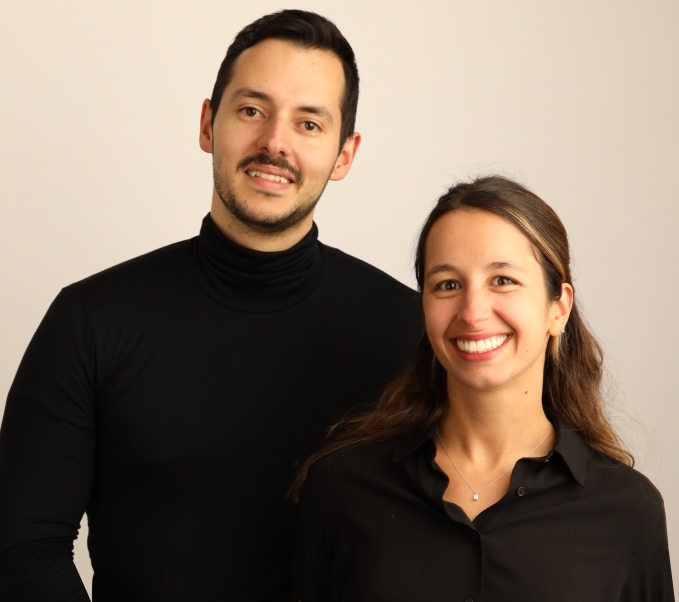[ad_1]
Artificial intelligence has infiltrated a number of industries, and the restaurant industry was one of the latest to embrace this technology, driven in main part by the global pandemic and the need to shift to online orders.
That need continues to grow. In 2021, some 60% of Americans ordered takeout or delivery at least once a week, and 31% used a third-party delivery service. Market Study Report predicts the global restaurant management software market to grow nearly 15% annually to reach $ 6.95 billion by 2025.
However, we’ve all had that experience where you receive your food delivery only to find the order is wrong. Agot AI is using machine learning to develop computer vision technology, initially targeting the quick-serve restaurant (QSR) industry, so those types of errors can be avoided.
The company was founded three years ago by Evan DeSantola and Alex Litzenberger to solve that operations perspective in restaurant technology, reward employee success and improve a restaurant’s customer satisfaction.

Image Credits: Agot AI
Its product confirms order accuracy in real-time for online ordering and notifies employees if an order needs a correction; for example, they forgot to add cheese or ketchup.
Since unveiling its technology, the company has worked with a group of large food service brands to deploy it, including Yum! Brands, which Agot is partnering with to pilot the technology in about 20 restaurants (with plans to expand to 100 restaurants if the pilot is successful), CEO DeSantola told TechCrunch.
Gavin Felder, chief strategy officer at Yum! Brands, said via a written statement that the company is “always looking for innovative ways to leverage technology to empower our team members, and improve both their experience and the customer experience in our restaurants,” and that early results from the pilot program “indicate a promising potential to deliver more accurate orders to our customers across all the channels we serve. ”
Yum! Brands isn’t just a customer, but one of Agot AI’s investors – it participated in Agot’s $ 12 million funding round that included Conti Ventures, the venture arm of strategic investor Continental Grain Co., Kitchen Fund and Grit Ventures. That brings the company’s total fundraising to date to $ 16 million.
Agot will deploy its new capital into growing its engineering team, securing more pilot programs with QSR brands and adding more features so restaurants can provide better overall experience both at the drive-thru and behind the counter.
The company has shown operational capabilities in small and medium-sized proof-of-concept deployment and is ready to scale its technology to larger markets and audiences.
Though Agot did not disclose its growth metrics, Mike Regan, the company’s chief business officer, said he was previously an investor when he met DeSantola and saw how big of an opportunity order accuracy was and how Agot was taking a holistic approach in doing it, calling the company’s vision “nothing short of transformational.”
While companies, like Toast, were some of the restaurant management pioneers, other startups picked up on this need from the industry in the past two years and not only came with their own approach, but also received venture capital.
For example, just in the past few months, we saw Lunchbox, Deliverect, Orda, Zak, Sunday and Margin Edge all announce new rounds, suggesting that there is plenty of money to go around as restaurants figure out how to quickly adapt to the new ordering norm.
The restaurant industry is “tight” right now, Regan added, but Agot is “way beyond where a startup of three years” should be in terms of success and that it is poised to take on a majority of the QSR business in the next couple. of years.
Indeed, the new capital will “bring Agot to the next stage of our business,” DeSantola said.
“We have demonstrated success in early pilots and are excited to scale across current and additional enterprise partners,” he added. “We intend to use the capital to expand our suite of offerings, customer pace and analytics, operations analytics and drive-thru technology.”
[ad_2]
Source link



